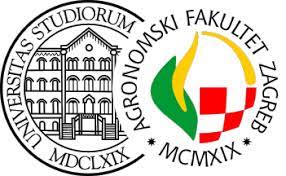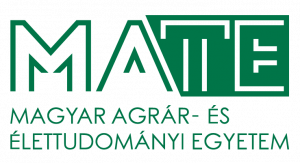1.2 Importance of group learning
Role of the facilitator
A professional facilitation service 'Findafacilitator' defines the role of a facilitator who facilitates or simplifies an action or process in a group. This person has to keep the group focused, take the group deeper into the topic and (sometimes) manage a potentially volatile situation. This is a dynamic role in which the facilitator conveys important content and helps to establish productive interactions without necessarily knowing as much as the individuals they are facilitating.
A good facilitator is focused on the topic at hand, the process of interaction and the participants and the optimal way to achieve the goal. This is a complex balancing that requires many skill sets. There are eight different roles that a facilitator is likely to play during a session:
- Motivator: From the rousing opening statement to the closing words of cheer, you ignite a fire within the group, establish momentum, and keep the pace.
- Guide: You know the steps of the process the group will execute from beginning to end and carefully guide the participants through each step-in turn.
- Questioner: You listen carefully to the discussion and quickly analyze comments to formulate questions that help guide a productive group discussion and challenge the group when appropriate.
- Bridge Builder: You create and maintain a safe and open environment for sharing ideas. Where other people see differences, you find and use similarities to establish a foundation for building bridges to consensus.
- Clairvoyant: Throughout the session, you are attuned to signs of strain, weariness, aggravation, and disempowerment, and respond in advance to prevent dysfunctional behavior.
- Peacemaker: Although it is generally better to avoid direct confrontations, should it happen, you step in quickly to reestablish order and direct the group toward a constructive resolution.
- Taskmaster: You are ultimately responsible for keeping the session on track. This entails tactfully cutting short irrelevant discussions, preventing detours, and maintaining a consistent level of detail throughout the session.
- Praise: At every opportunity, you should praise participants for good effort, progress, and results – praise well, praise often, praise specifically.
Facilitator:
- Has much to do with setting the initial mood or climate of the group or class experience.
- Helps to elicit and clarify the purpose of the individuals in the class as well as the more general purposes of the group.
- Relies upon the desire of each student to implement those purposes that have meaning for him or her as the motivational force behind significant learning.
- Endeavors to organize and make easily available the widest possible range of resources for learning.
- Regards himself or herself as a flexible resource to be utilized by the group.
- In responding to expressions in the classroom group, accepts both the intellectual content and the emotionalized attitudes, endeavoring to give each aspect the approximate degree of emphasis that it has for the individual or the group.
- As the acceptant classroom climate becomes established, the facilitator is able increasingly to become a participant learner, a member of the group, expressing his or her views as those of one individual only.
- Takes the initiative in sharing himself or herself with the group - feelings as well as thoughts - in ways that do not demand or impose but simply represent a personal sharing which students may take or leave.
- Throughout the classroom experience, he/she remains alert to expressions indicative of deep or strong feelings.
- In his or her functioning as a facilitator of learning, the leader endeavors to recognize and accept his or her own limitations.





